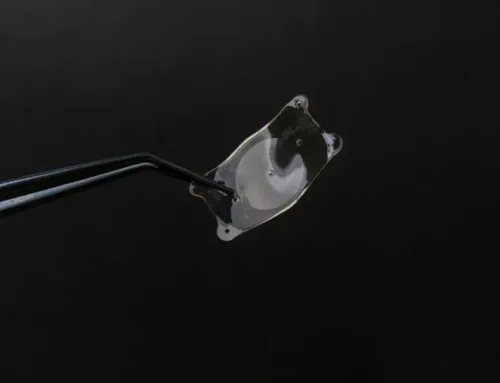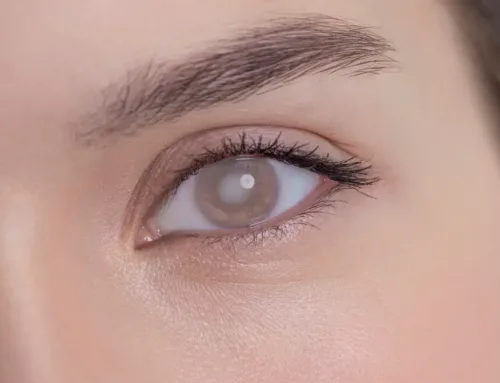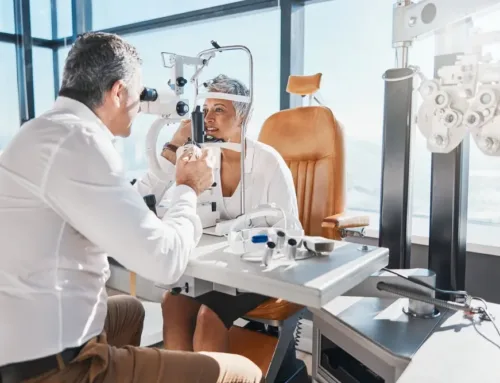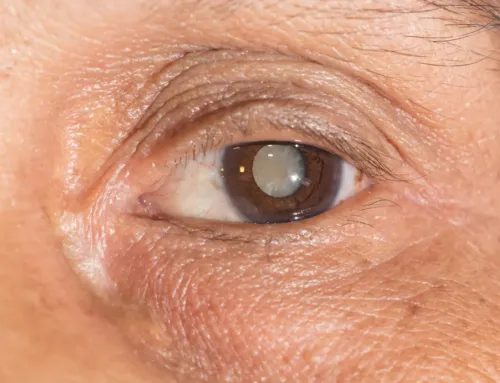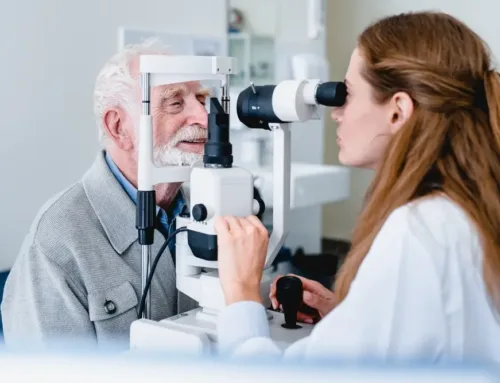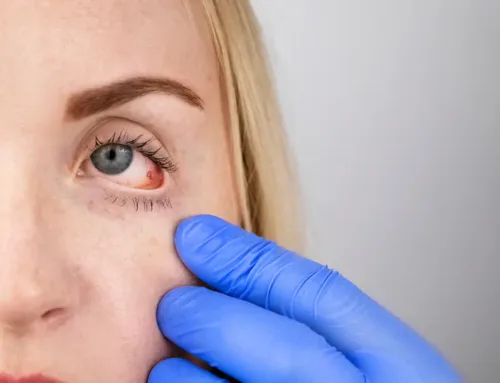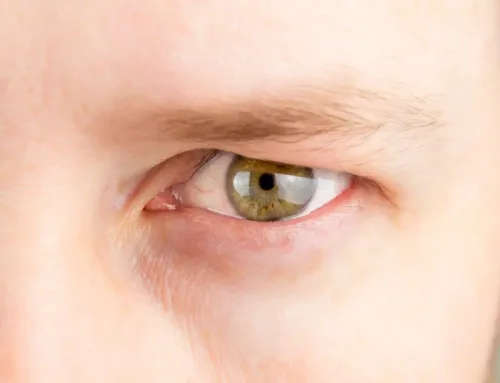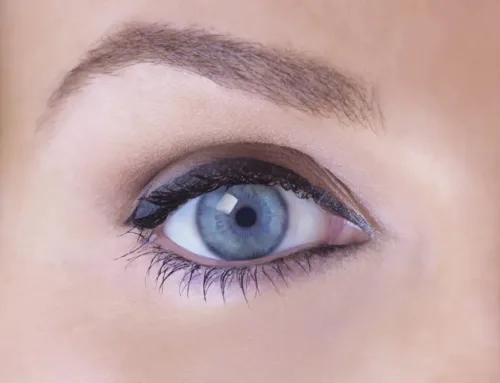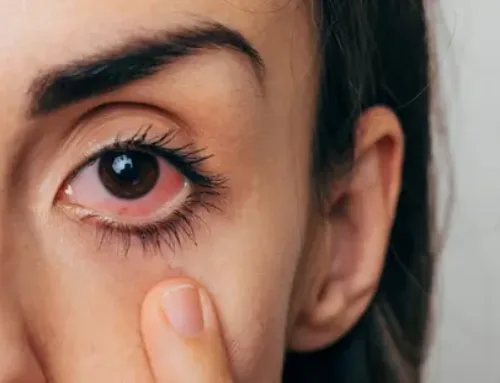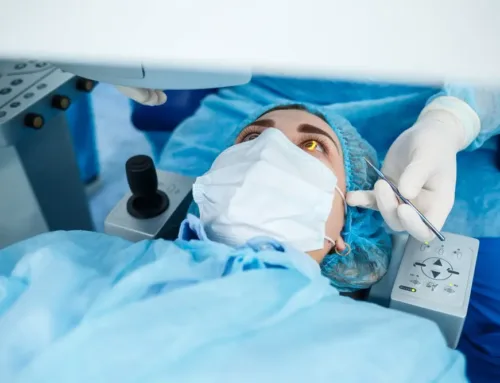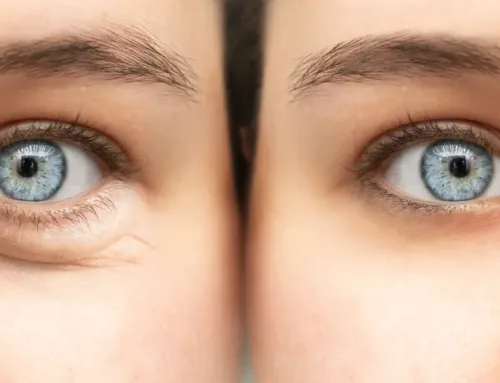Macular degeneration is a common eye condition that affects millions of people worldwide. It is a progressive disease that primarily affects the macula, the central part of the retina responsible for sharp and detailed vision. Macular degeneration can lead to significant vision loss and is one of the leading causes of blindness in older adults. 
Risk Factors Of Macular Degeneration
Age is the most significant risk factor, as the condition primarily affects individuals over the age of 50. Genetics also play a role, as certain gene variations have been found to increase the risk of developing macular degeneration. Other risk factors include smoking, obesity, high blood pressure, and excessive exposure to sunlight.
Types Of Macular Degeneration
Macular degeneration can be classified into two main types: dry and wet. Dry macular degeneration is characterized by the presence of drusen, which are yellow deposits that accumulate in the macula. These deposits gradually cause the macula to thin and deteriorate, resulting in a gradual loss of central vision. Dry macular degeneration typically progresses slowly and may not cause significant vision loss in the early stages.
Wet macular degeneration is characterized by the growth of abnormal blood vessels beneath the macula. These blood vessels are fragile and prone to leakage, leading to the formation of scar tissue and rapid vision loss. Wet macular degeneration can cause severe and sudden vision loss, and prompt treatment is essential to prevent further damage.
Is Macular Degeneration Permanent?
The permanence of macular degeneration depends on the type and stage of the disease. In the case of dry macular degeneration, the vision loss is usually slow and gradual. While there is currently no cure for dry macular degeneration, there are lifestyle modifications and interventions that can help slow down the progression of the disease and preserve vision. These may include dietary changes, nutritional supplements, and regular eye examinations.
On the other hand, wet macular degeneration is more severe and can cause rapid and significant vision loss. However, with early detection and prompt treatment, vision loss can be minimized or even stabilized. Ophthalmologists can use various treatment options to manage wet macular degeneration, such as anti-VEGF injections, laser therapy, and photodynamic therapy. These interventions aim to stop the growth of abnormal blood vessels, reduce leakage, and preserve the remaining vision.
Outlook And Prognosis For Vision Loss
The outlook and prognosis for vision loss in macular degeneration vary depending on individual circumstances. With early detection, regular eye examinations, and appropriate treatment, it is possible to slow down the progression of the disease and preserve vision for a longer period. However, it is important to note that macular degeneration is a chronic condition, and vision loss may still occur despite treatment efforts.
It is crucial for individuals with macular degeneration to work closely with their ophthalmologists to develop a personalized treatment plan and monitor their condition regularly. By following the recommended treatment strategies and making necessary lifestyle changes, individuals can optimize their visual function and maintain a good quality of life.
If you or someone you know is experiencing symptoms of macular degeneration, contact our ophthalmologists for a comprehensive eye examination and discuss the available treatment options. Visit Treasure Coast Eye Specialists at our office in Port St. Lucie or Stuart, Florida. Please call 772-400-2400 or 772-286-0007 to schedule an appointment today.





